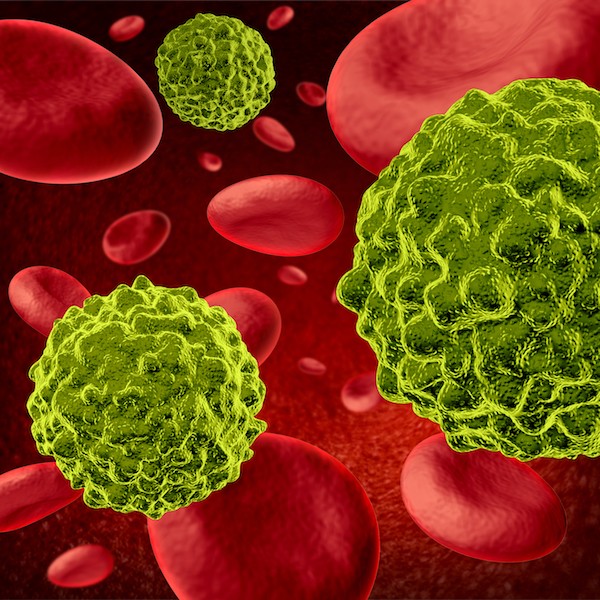Channels
Special Offers & Promotions
Engineering Immune Cells to Treat Cancers
AMSBIO produce a growing range of experimental cell lines, recombinant proteins and screening services to advance the search for new Chimeric Antigen Receptor (CAR T) cell therapies to treat cancers.
For years, the foundations of cancer treatment were surgery, chemotherapy, and radiation therapy. Over the last twenty years, therapeutic drugs that target cancer cells by homing in on specific molecular changes seen primarily in those cells, have also become standard treatments for many cancers. In the last few years - immunotherapies that enlist and strengthen the power of a patient’s immune system to attack tumors have emerged as a new and very promising cancer treatment.
Until recently, the use of CAR T-cell immunotherapy has been restricted to small clinical trials, largely in patients with advanced blood cancers. However, these treatments have created great interest because of the remarkable responses they have produced in some children and adults for whom all other treatments had stopped working. In 2017, two CAR T-cell therapies were approved by the Food and Drug Administration (FDA), one for the treatment of children with acute lymphoblastic leukemia (ALL) and the other for adults with advanced lymphomas.
A therapeutic CAR is a transmembrane protein designed with an extracellular domain based on an antibody single-chain variable fragment (scFv) and intracellular signaling domains derived from the TCR g chain, along with other costimulatory receptors. The scFv provides a specific binding domain that recognizes target proteins on cancer cells. A patient’s own T cells are isolated and activated, then transfected with a gene expressing the CAR. This reprograms the T cells to identify and attack tumor cells expressing the target protein, creating personalized immune cells designed to specifically target the patient’s cancer.
Media Partners



